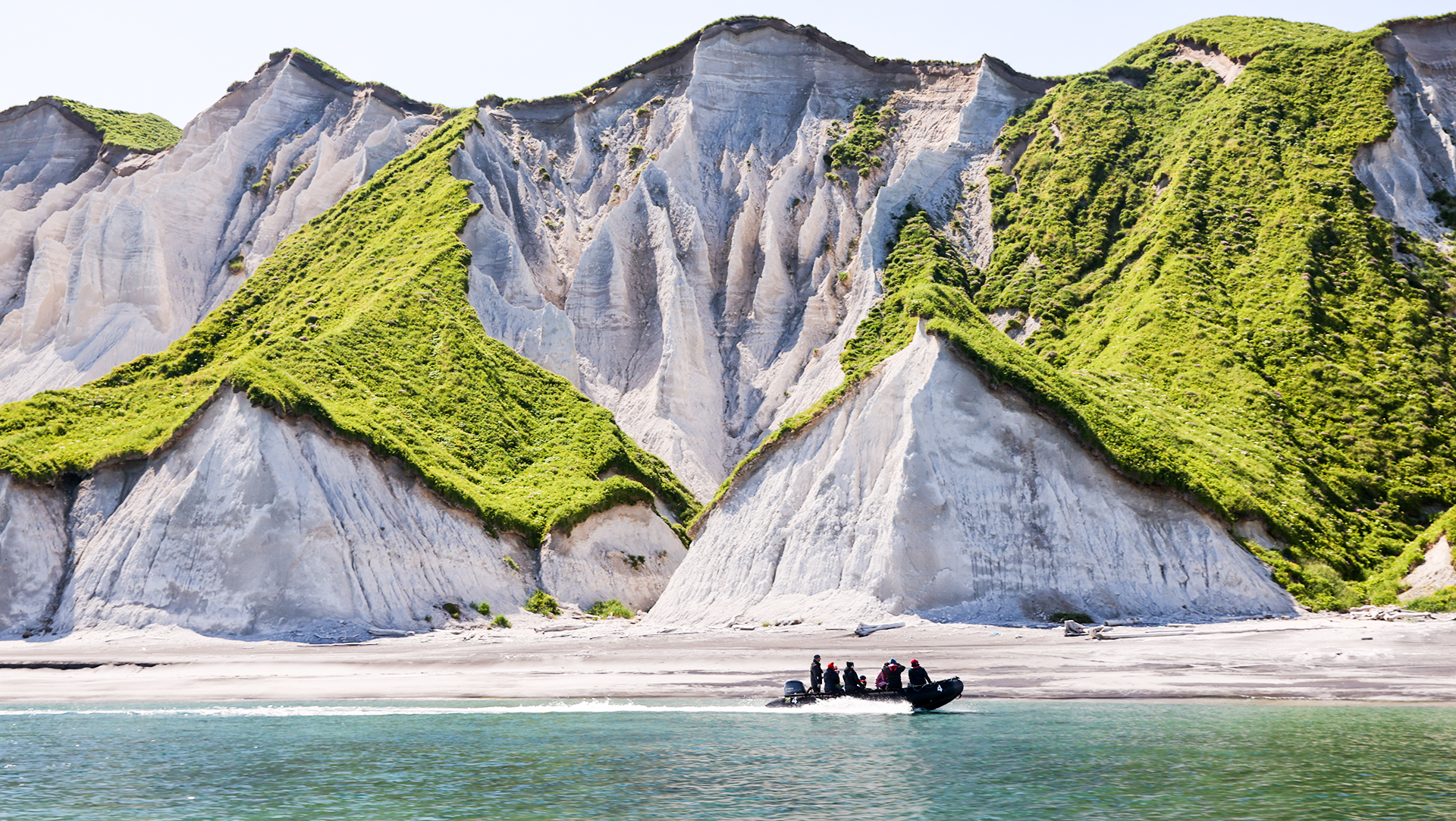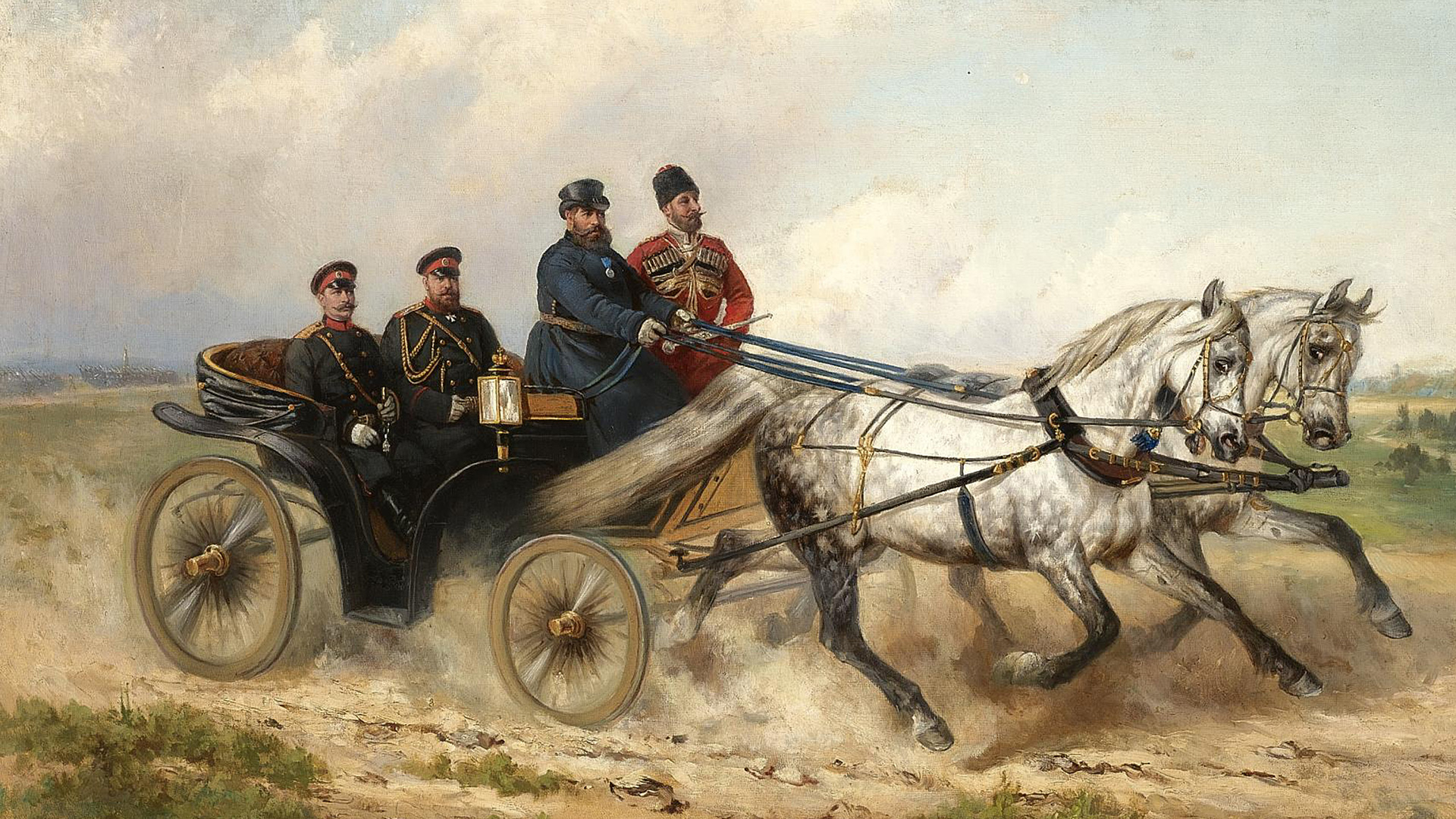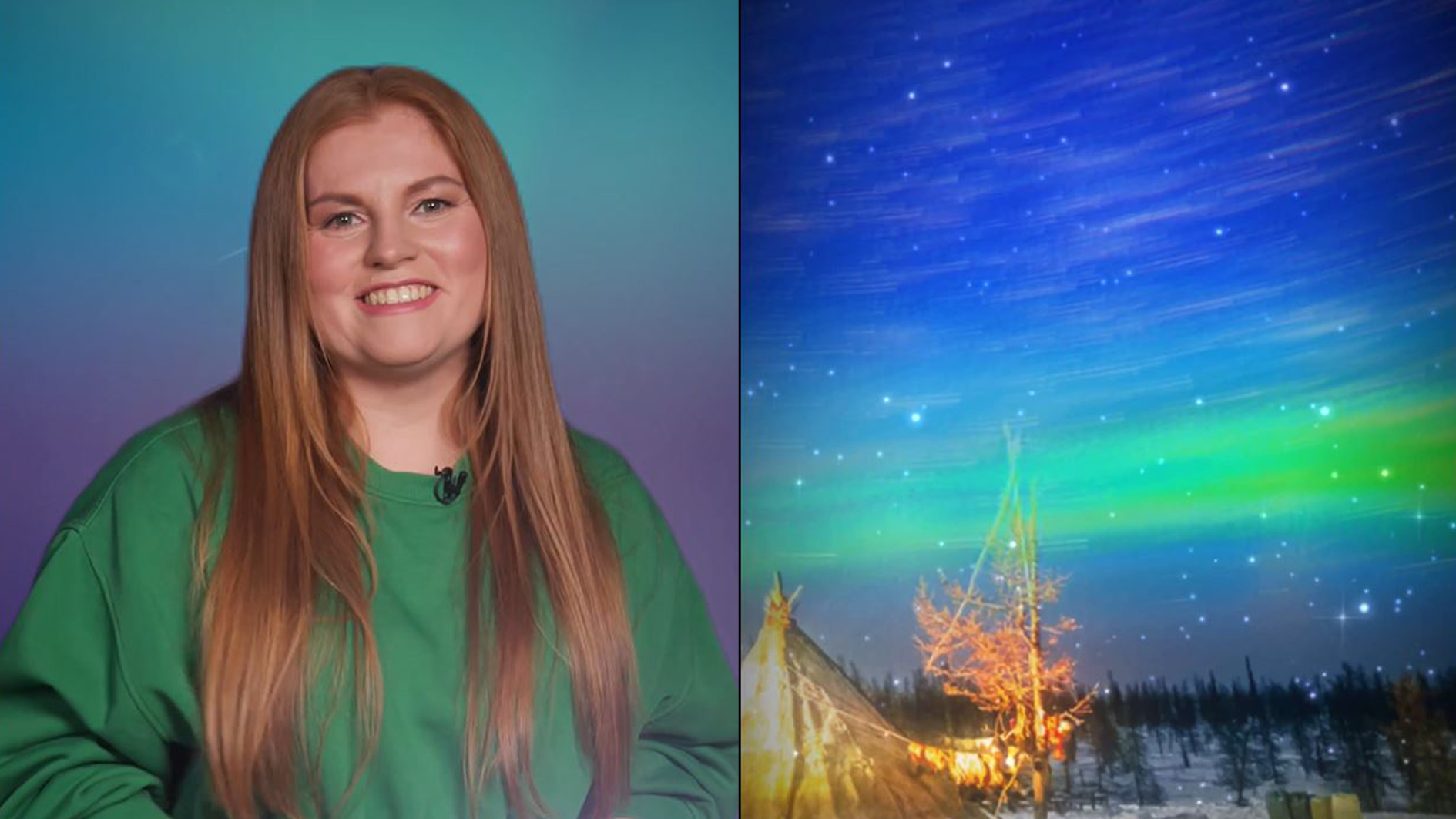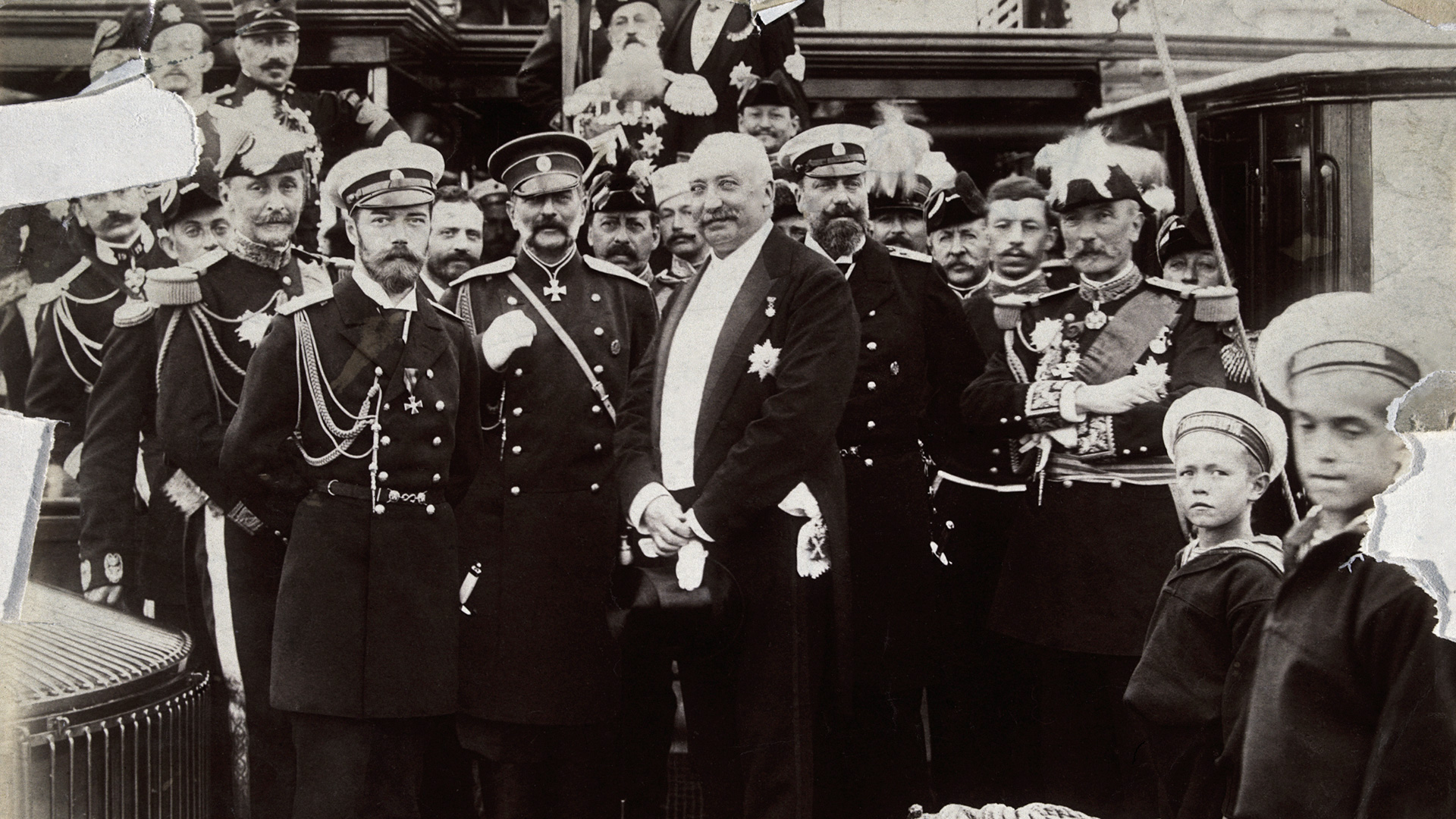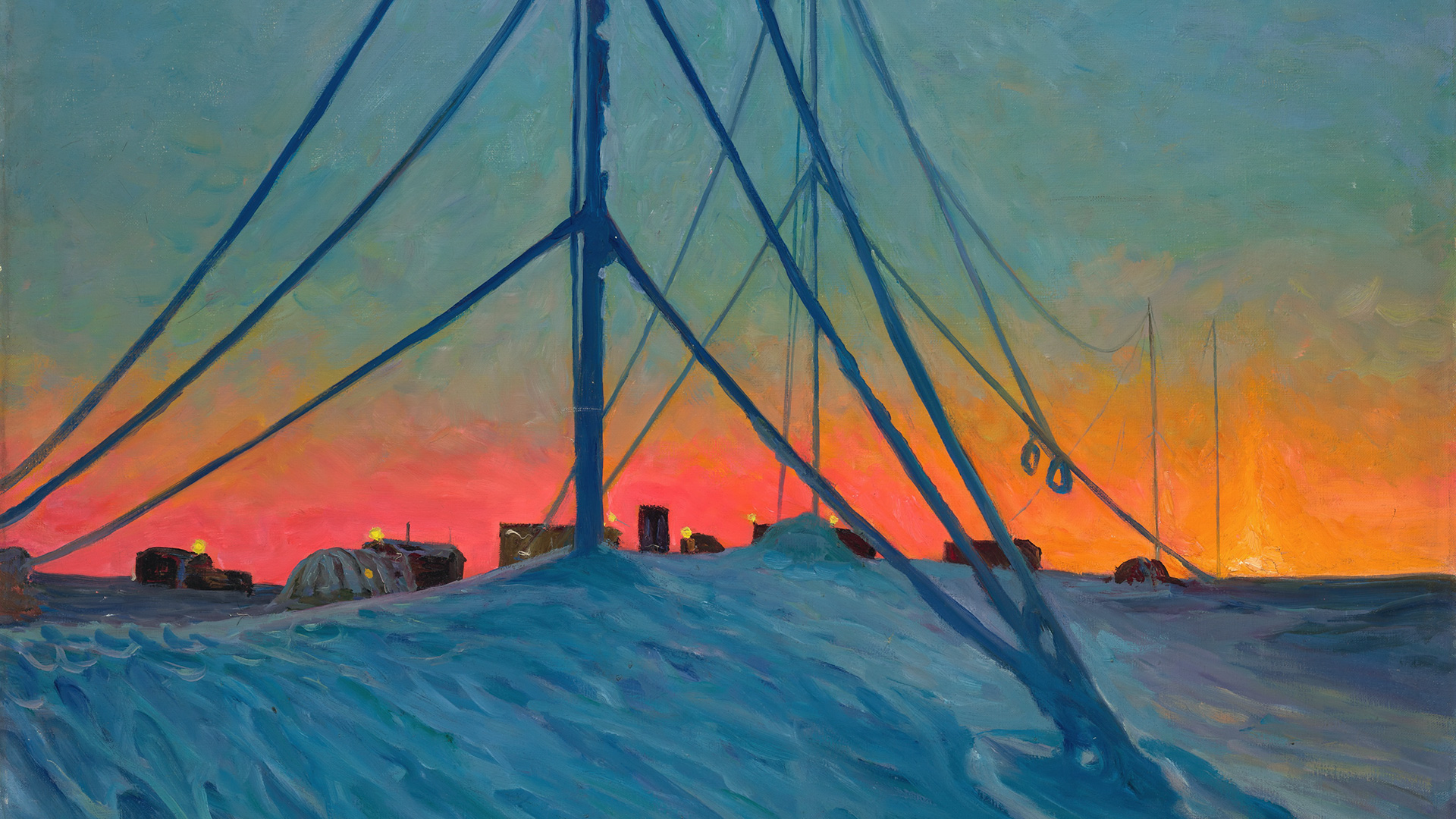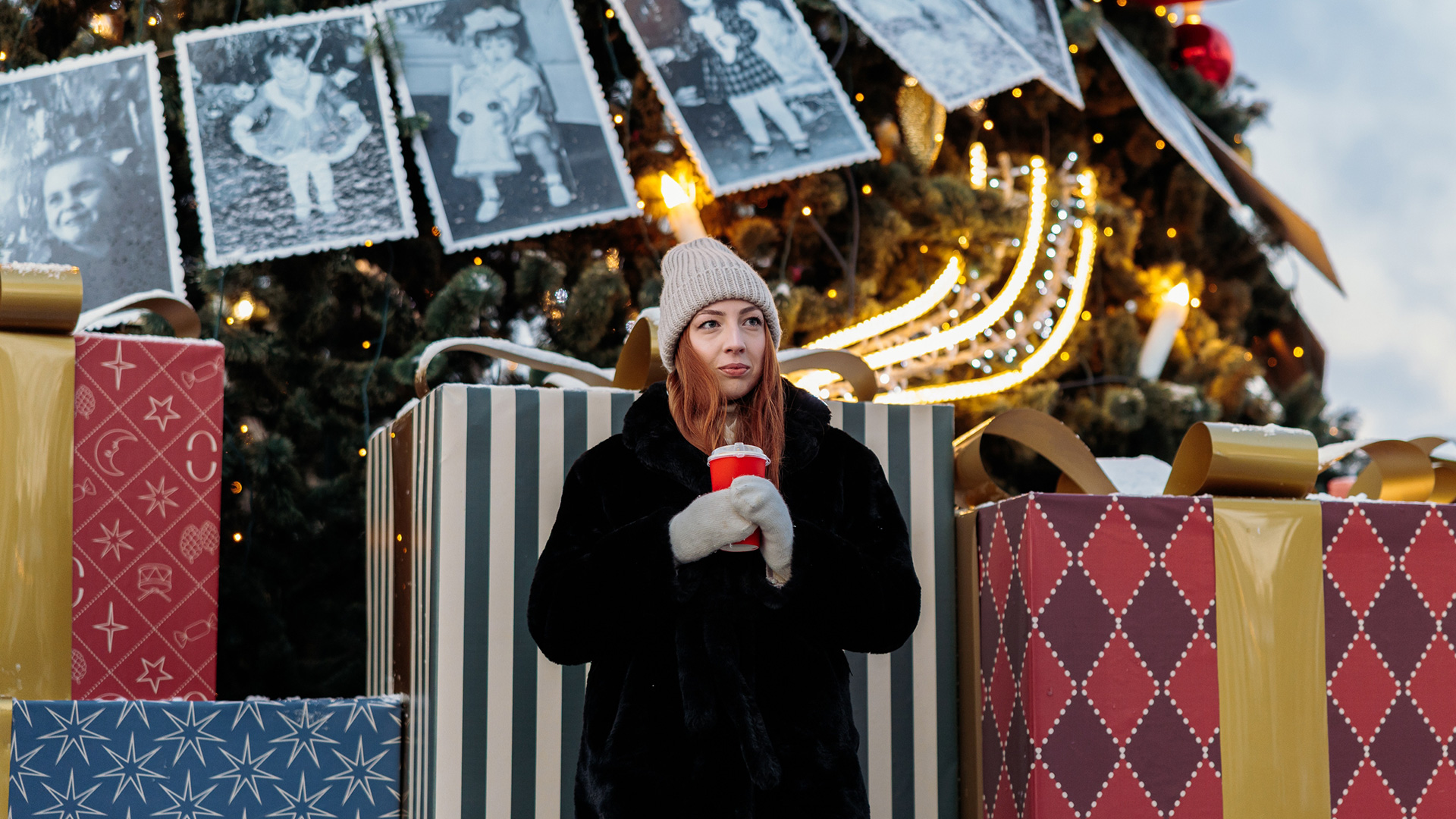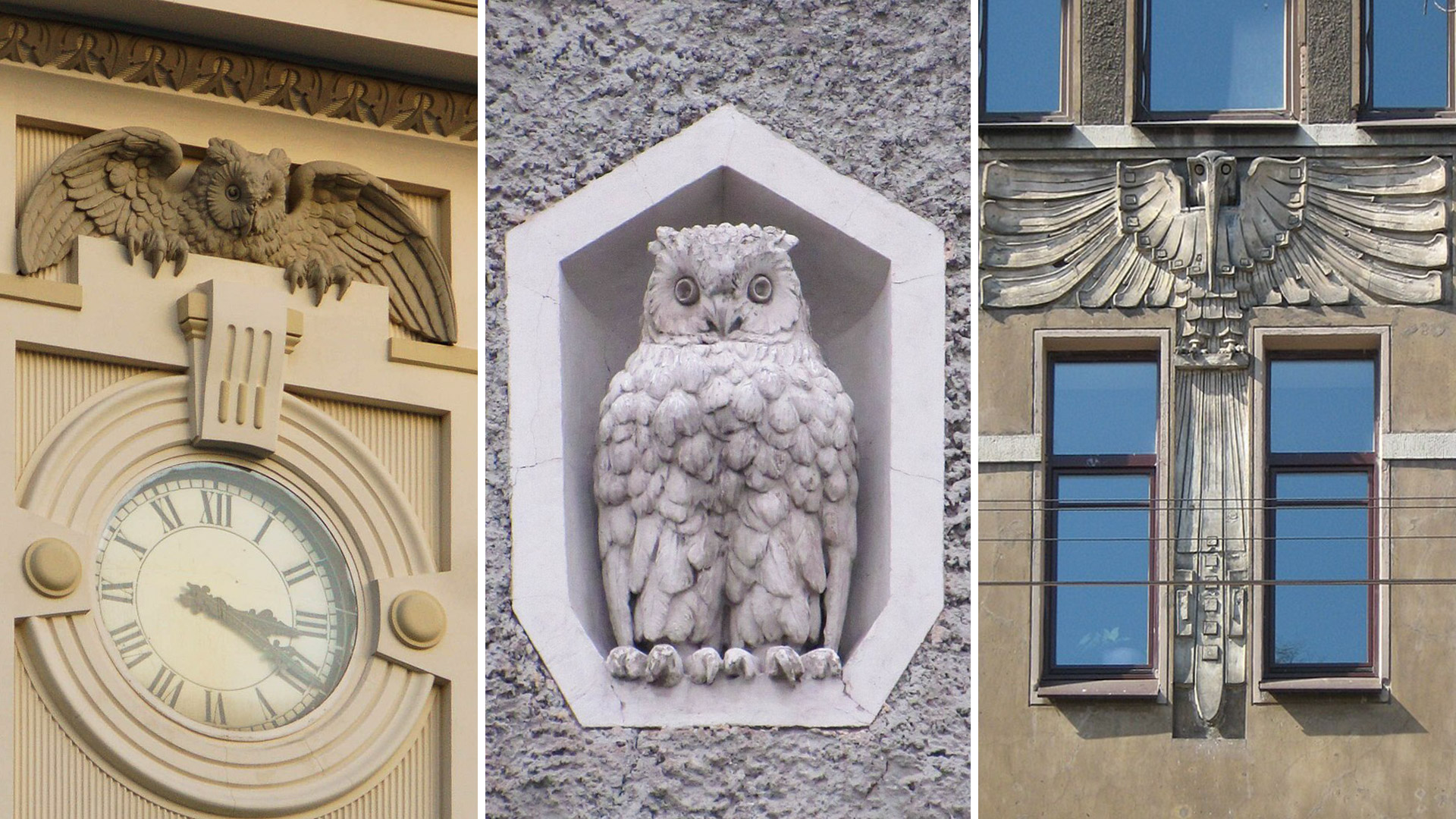
Deserted ‘Bear’ Islands through the lens of Russian Arctic photographer (PHOTOS)
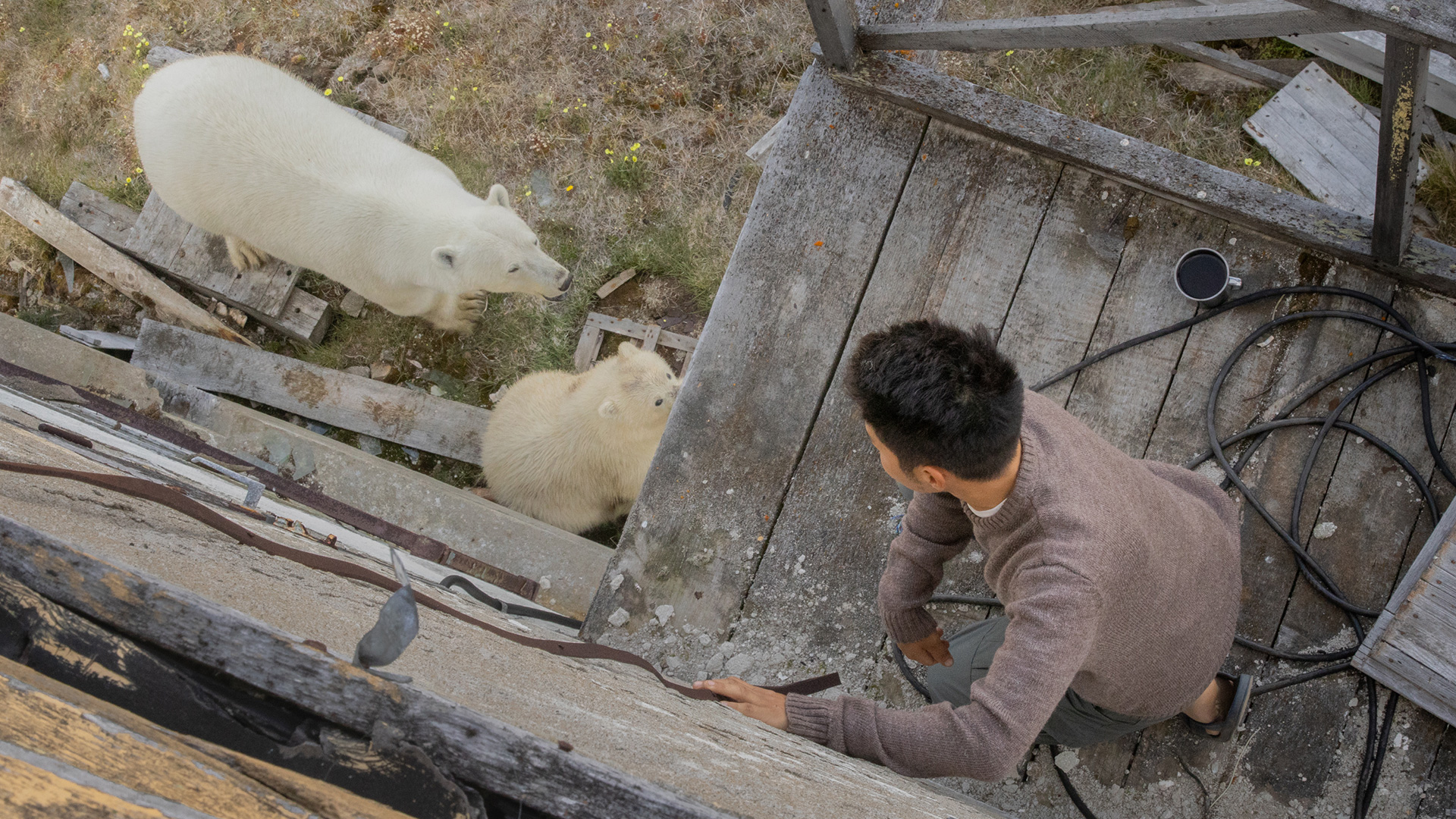
The road to the edge of the world
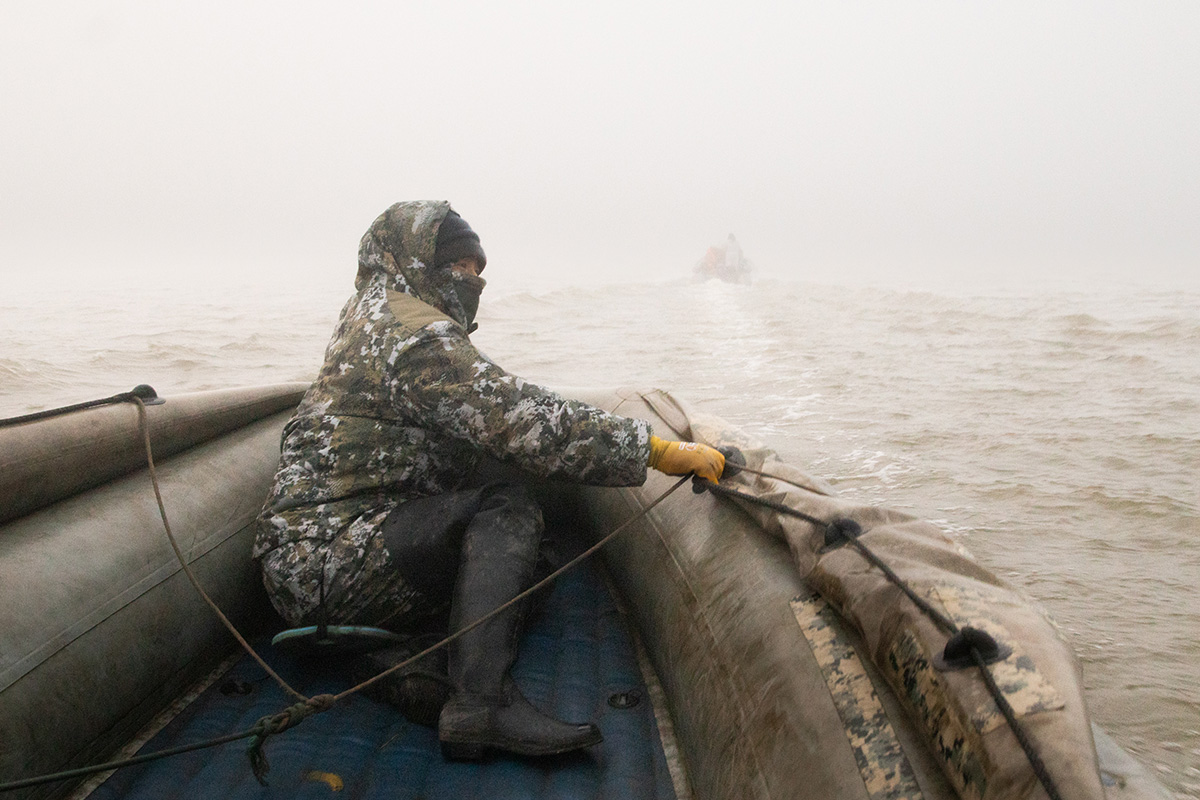
The Bear Islands archipelago is located in the East Siberian Sea of the Arctic Ocean and consists of six isolated islands. Today, there is nothing there except the ruins of a Soviet polar station, which was mothballed in the mid-1990s. But, 1,000 years ago, Eskimos lived there; scientists are now studying the remains of their dwellings.
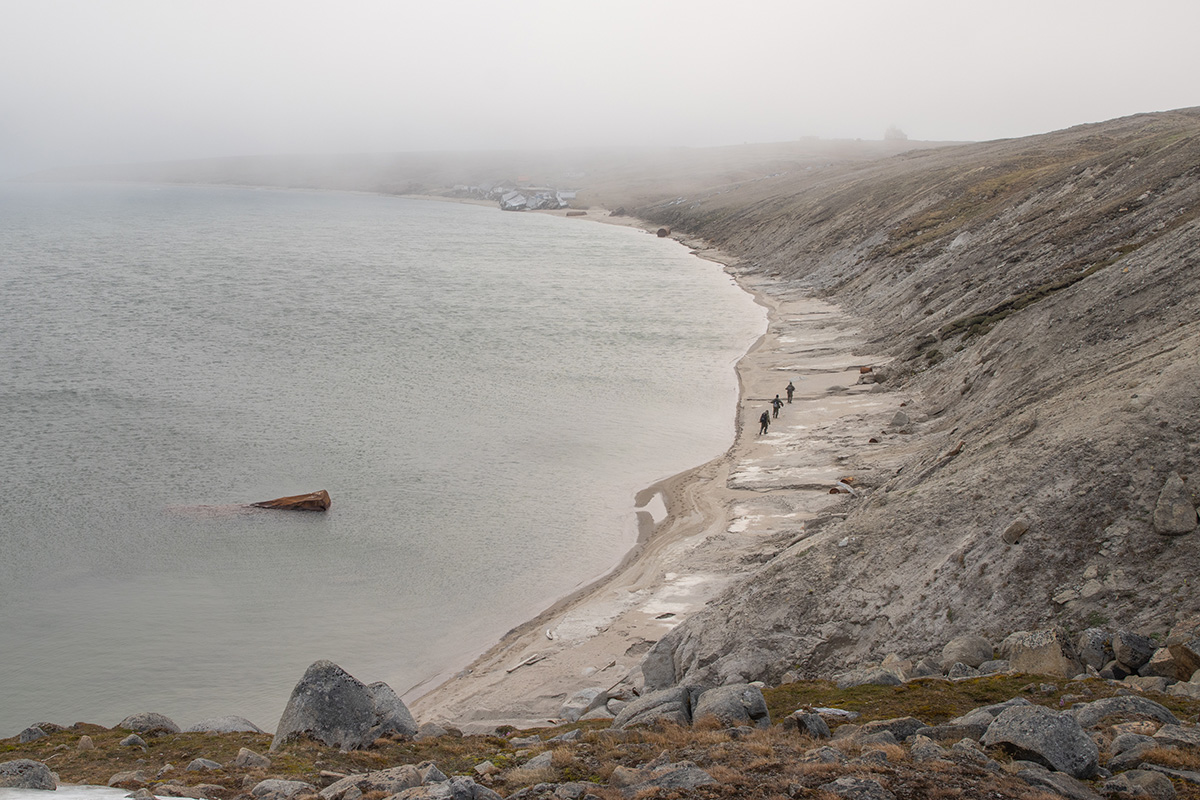
Photographer Andrey Nikiforov from Yakutsk traveled with them to these places in August 2025 and captured the rugged beauty of this protected region.
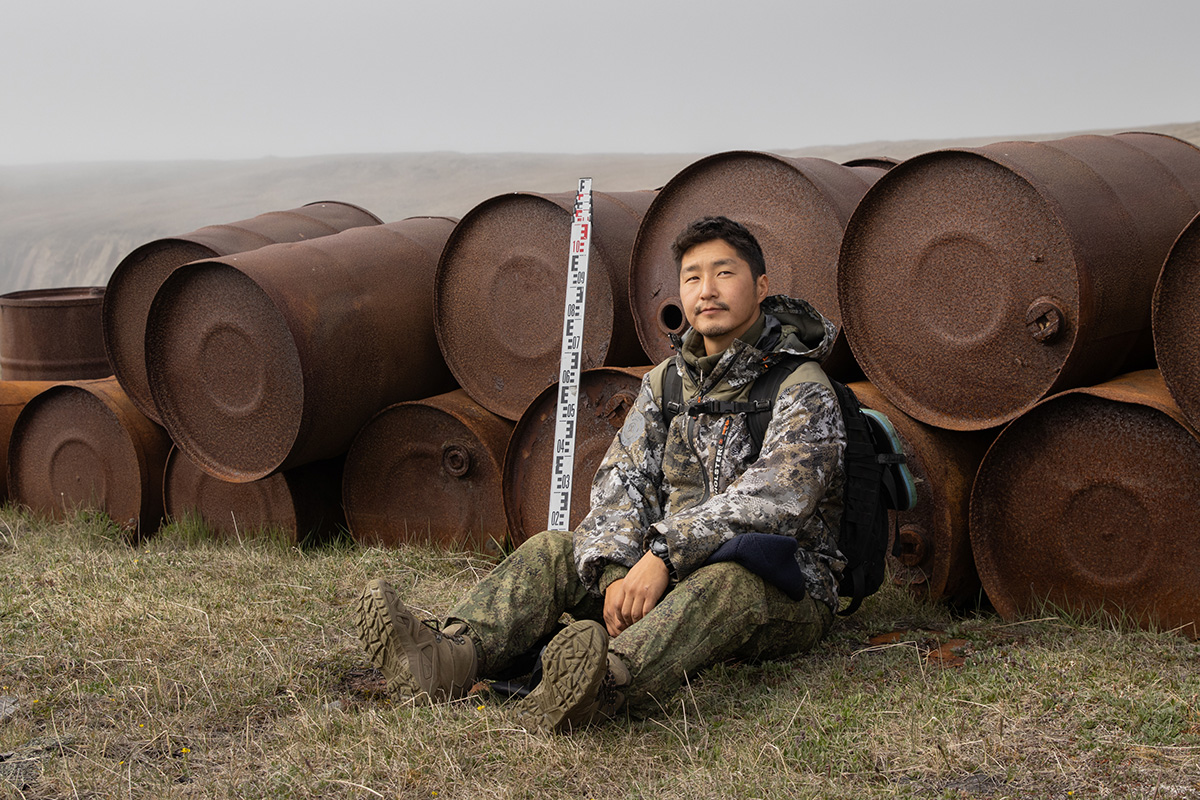
"We flew by plane from Yakutsk to Chersky (that's about four hours)," Andrey recounts. "From there, we traveled by boat. The pure travel time on water is about ten hours, but we also had to wait four days for suitable weather."
Ancient Eskimos & Soviet Polar explorers
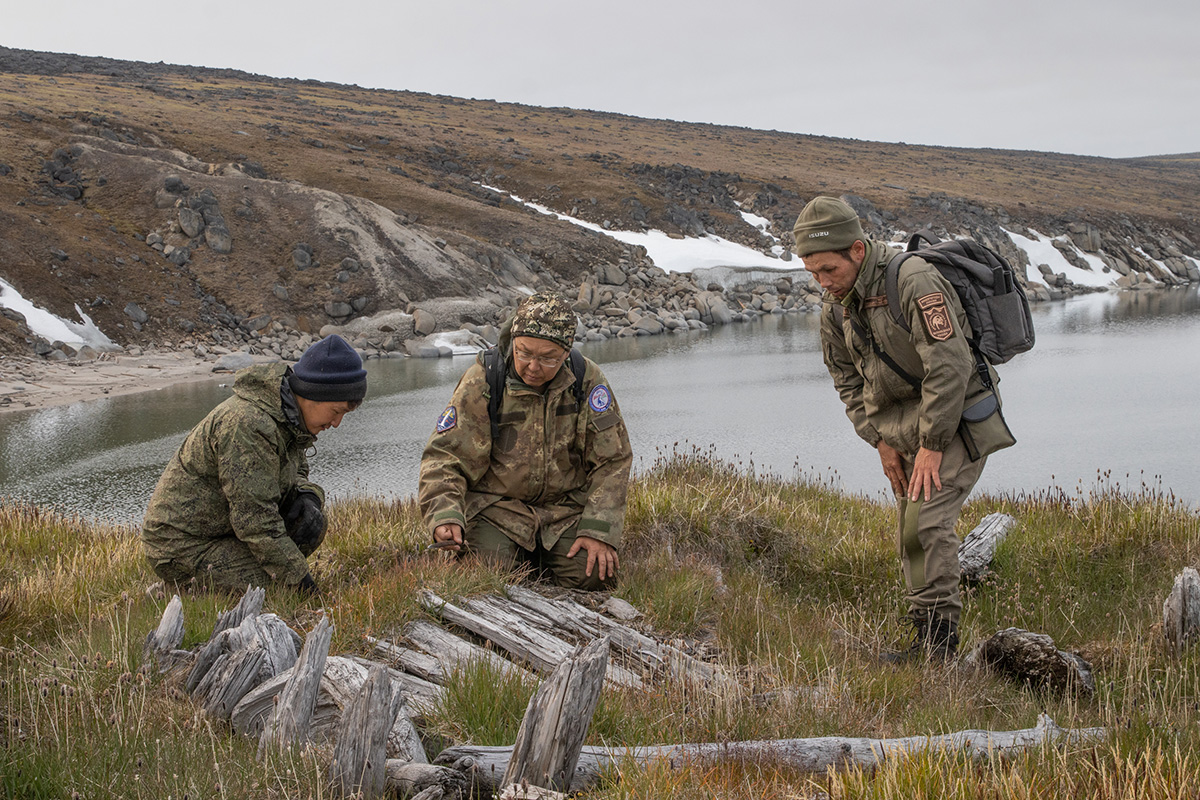
Besides Andrey, the team included two archaeologists and one employee from the ‘Medvezhyi Islands Nature Reserve’. They spent a month on Chetyrekhstolbovoy Island (‘Four Pillar Island’), where the scientists studied the remains of Eskimo dwellings found at the beginning of the 20th century.
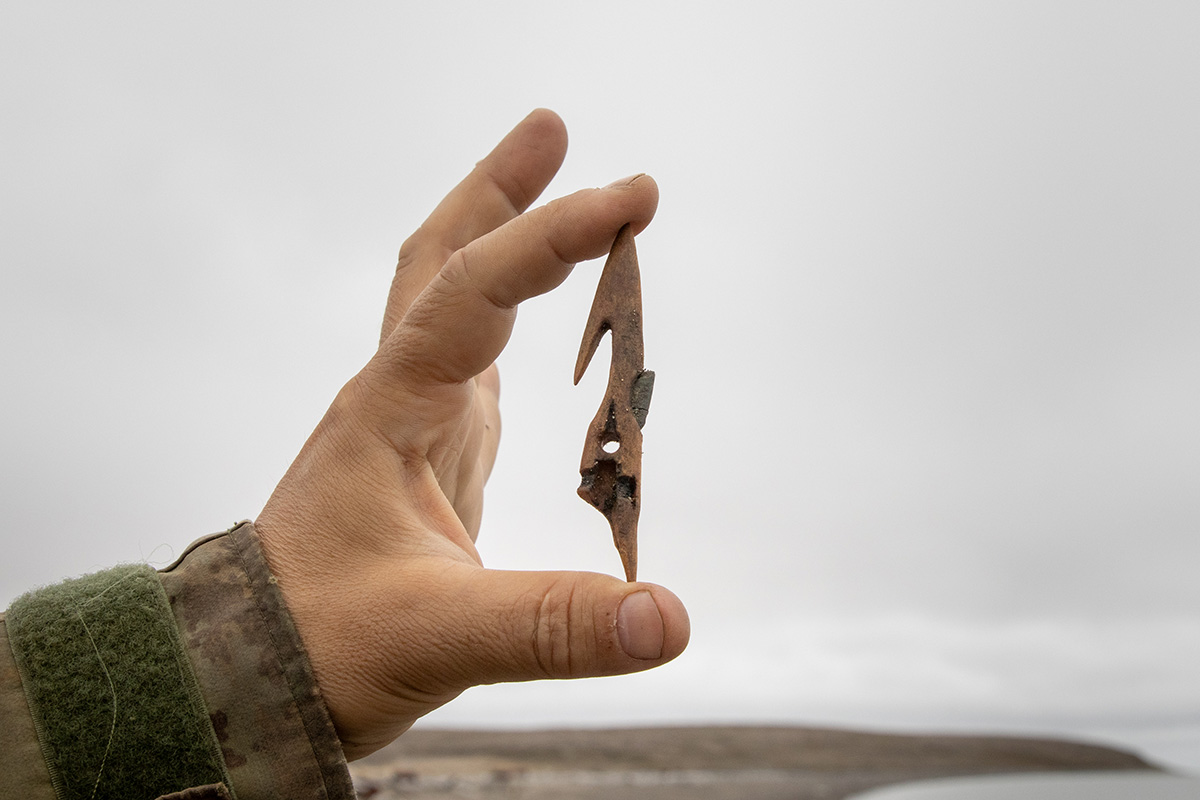
Among the scientists' finds were harpoons dating back to approximately the 8th-11th centuries.
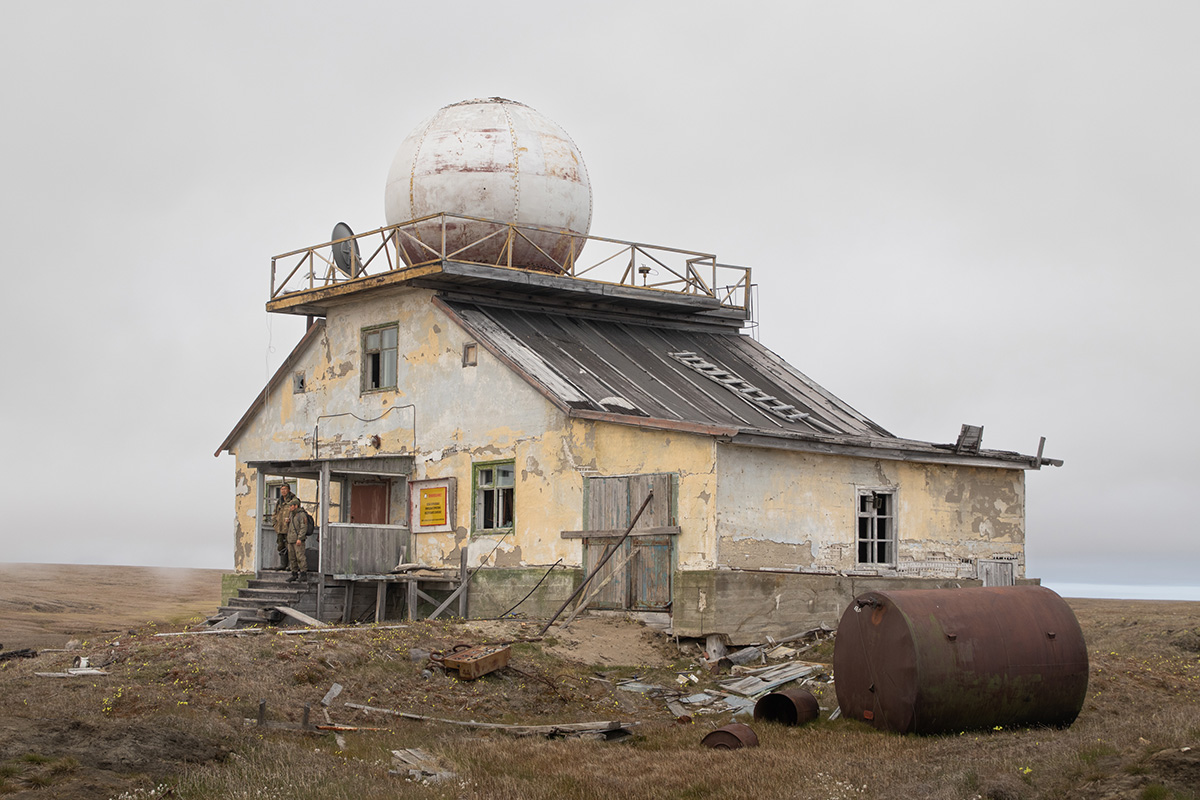
Why people left this area is not known for certain. One of the likely reasons, some scientists say, is climate change. Perhaps, it was a bit warmer there before and then the Eskimos were forced to move to Chukotka.
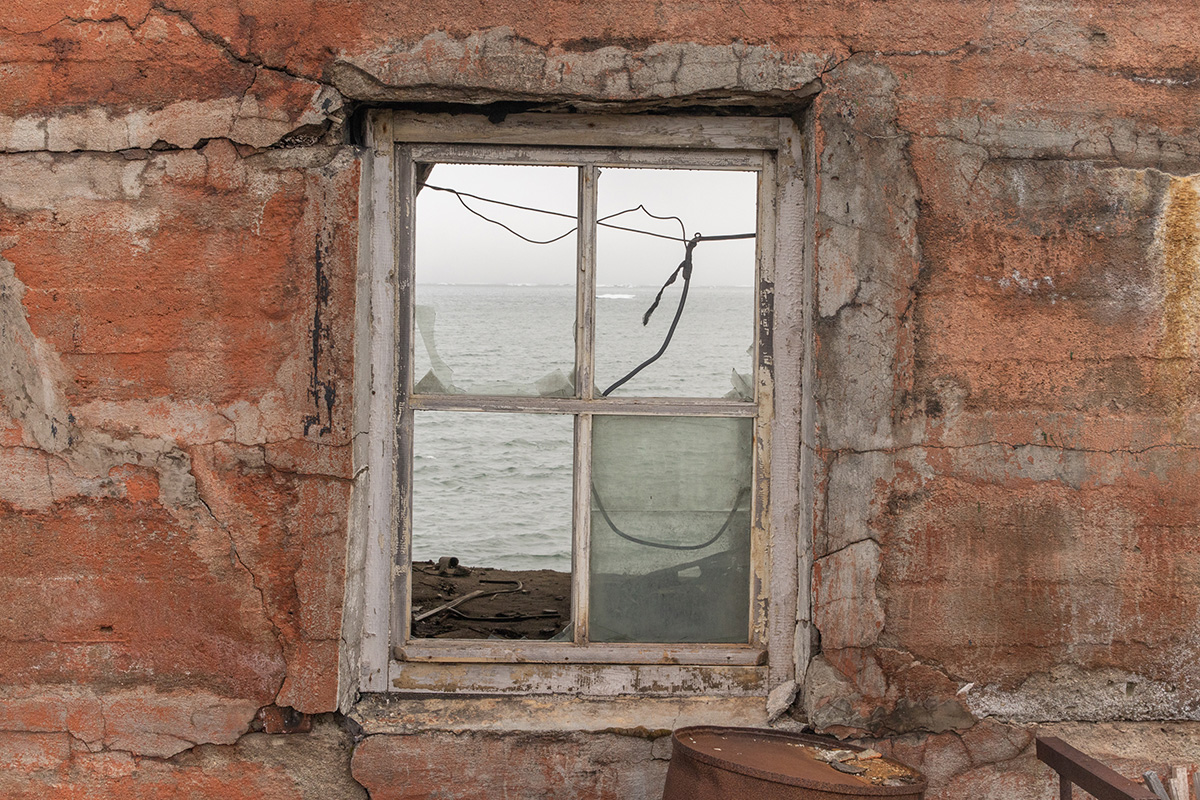
Excavations in these places are like a dialogue between two bygone eras. Not only ancient hunters, but also Soviet polar scientists left their mark on the island. Remnants of the Soviet station are also scattered across the islands: rusty fuel barrels, broken equipment, frozen machinery.
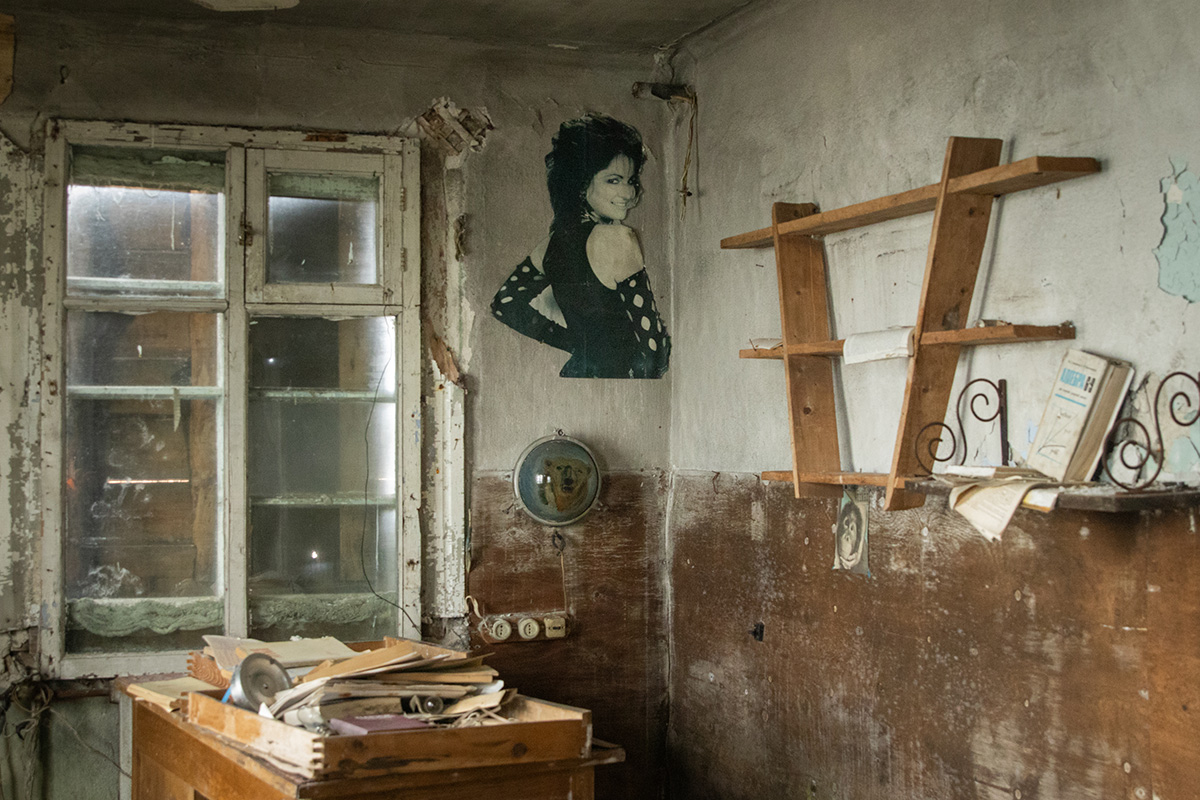
Meeting the masters of the Arctic
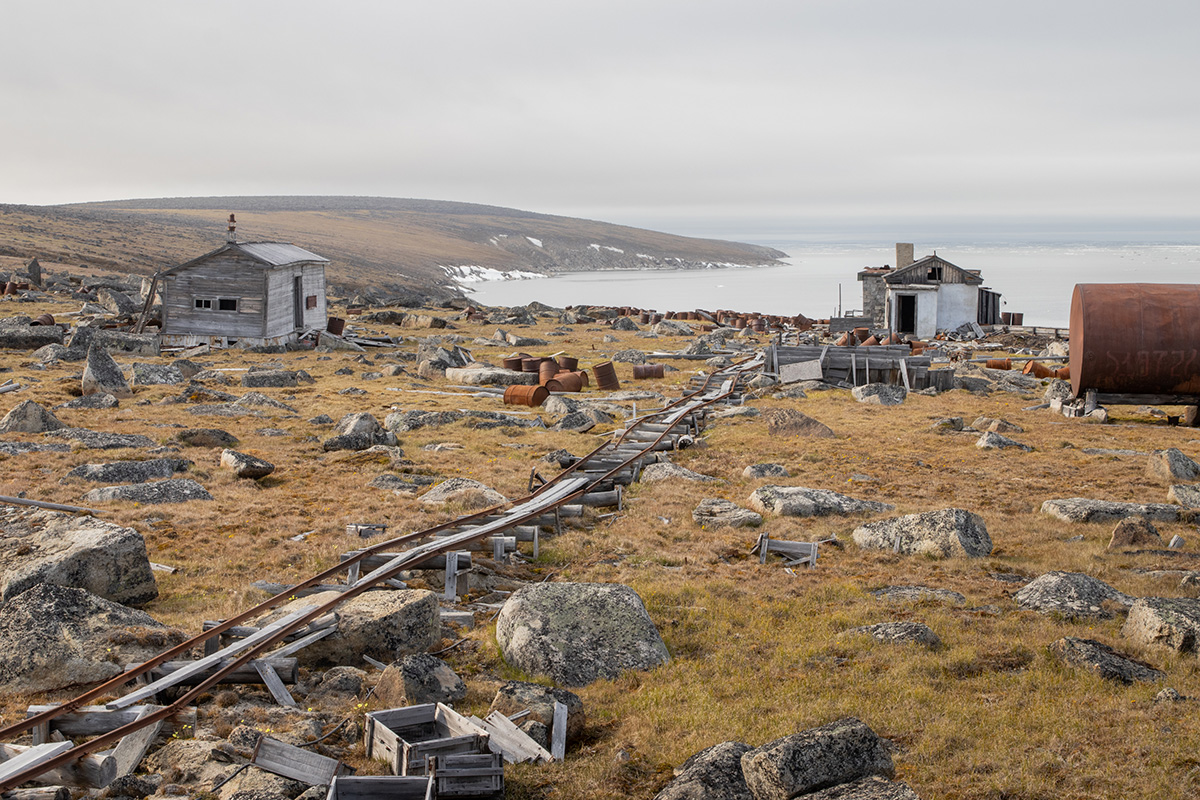
Today, the Bear Islands are a state nature reserve where polar bears are protected. The animals have taken a liking to these harsh shores and make their maternity dens there.
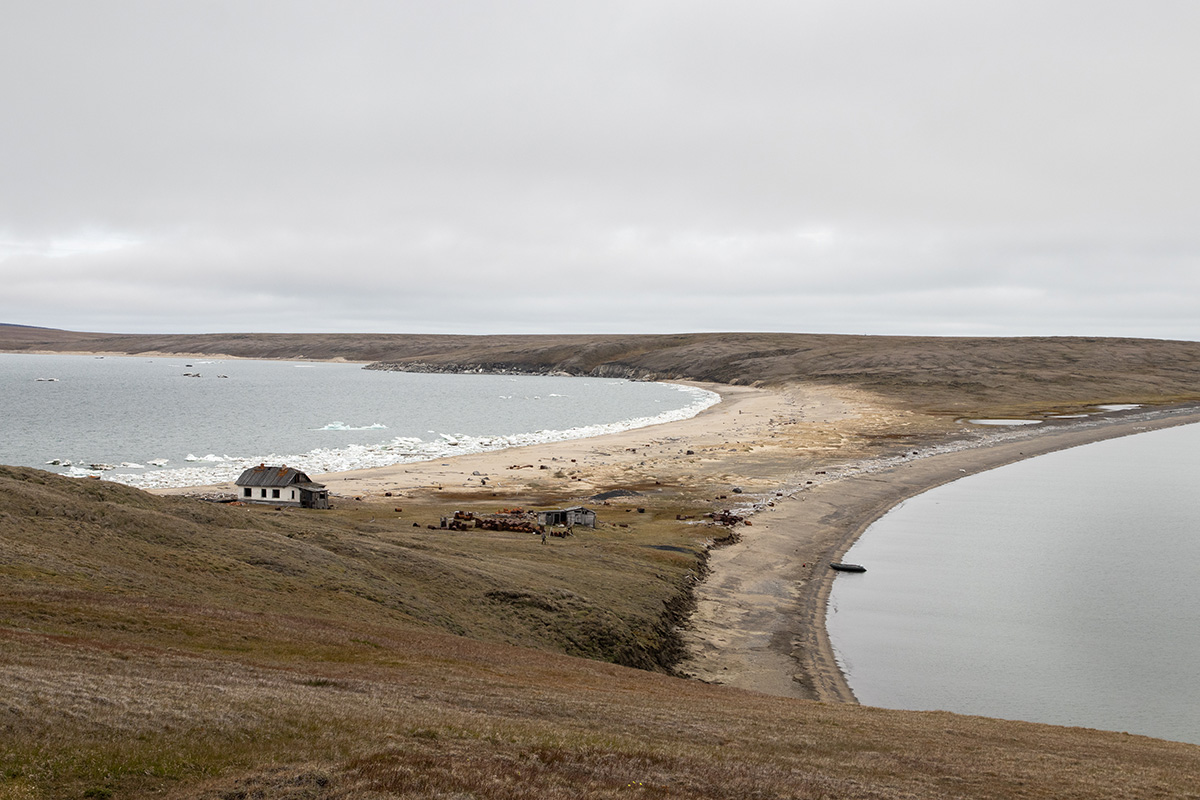
"I saw polar bears for the first time in my life," boasts the photographer, sharing his impressions. "There was a funny story with this shot: we were living in a building in the former polar station and, in the morning, I went out onto the second-floor balcony to drink some coffee. The first thing I noticed was a bear cub followed by a two-meter-tall mother bear. So, I ran to get my camera and started photographing."
The inspectors concluded that they most likely approached the people because of the curious bear cub, as they looked quite well-fed and healthy.
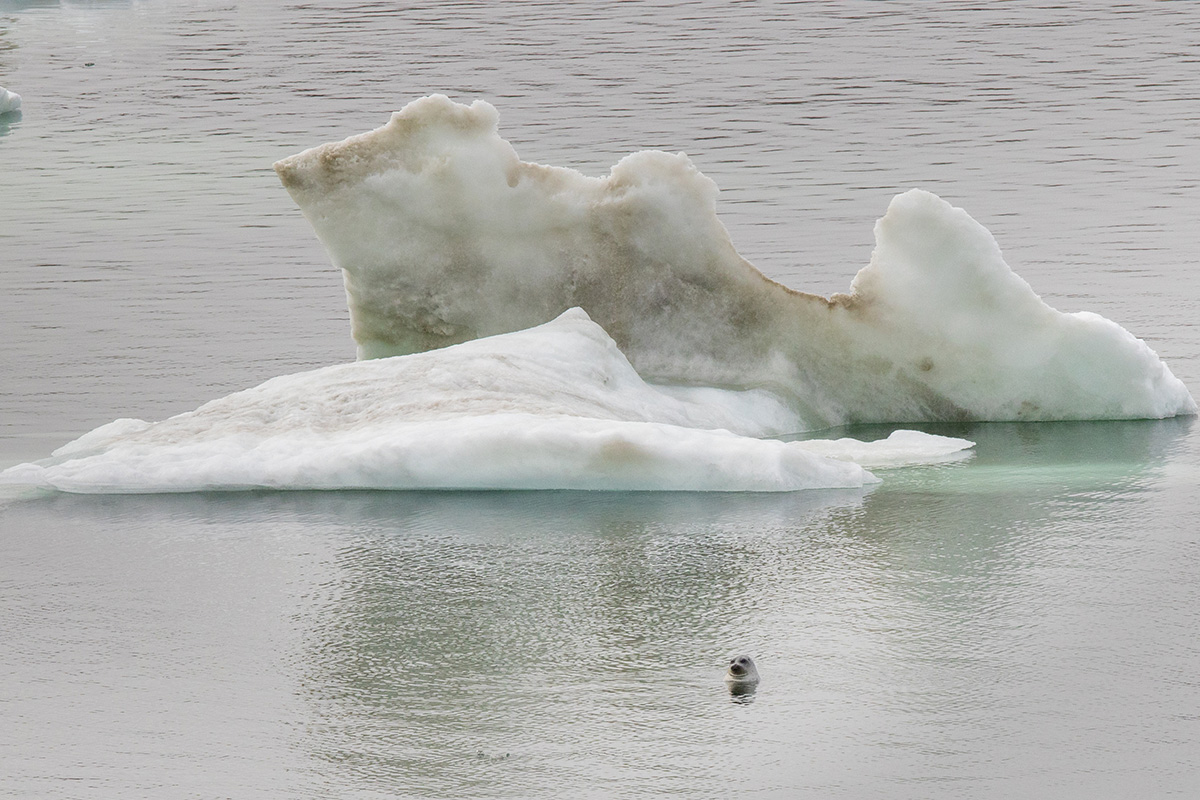
"What's also surprising is that I only saw bears there twice. The second time was from a distance. The inspectors themselves are surprised that there were so few. They say they’re usually everywhere at this time."



